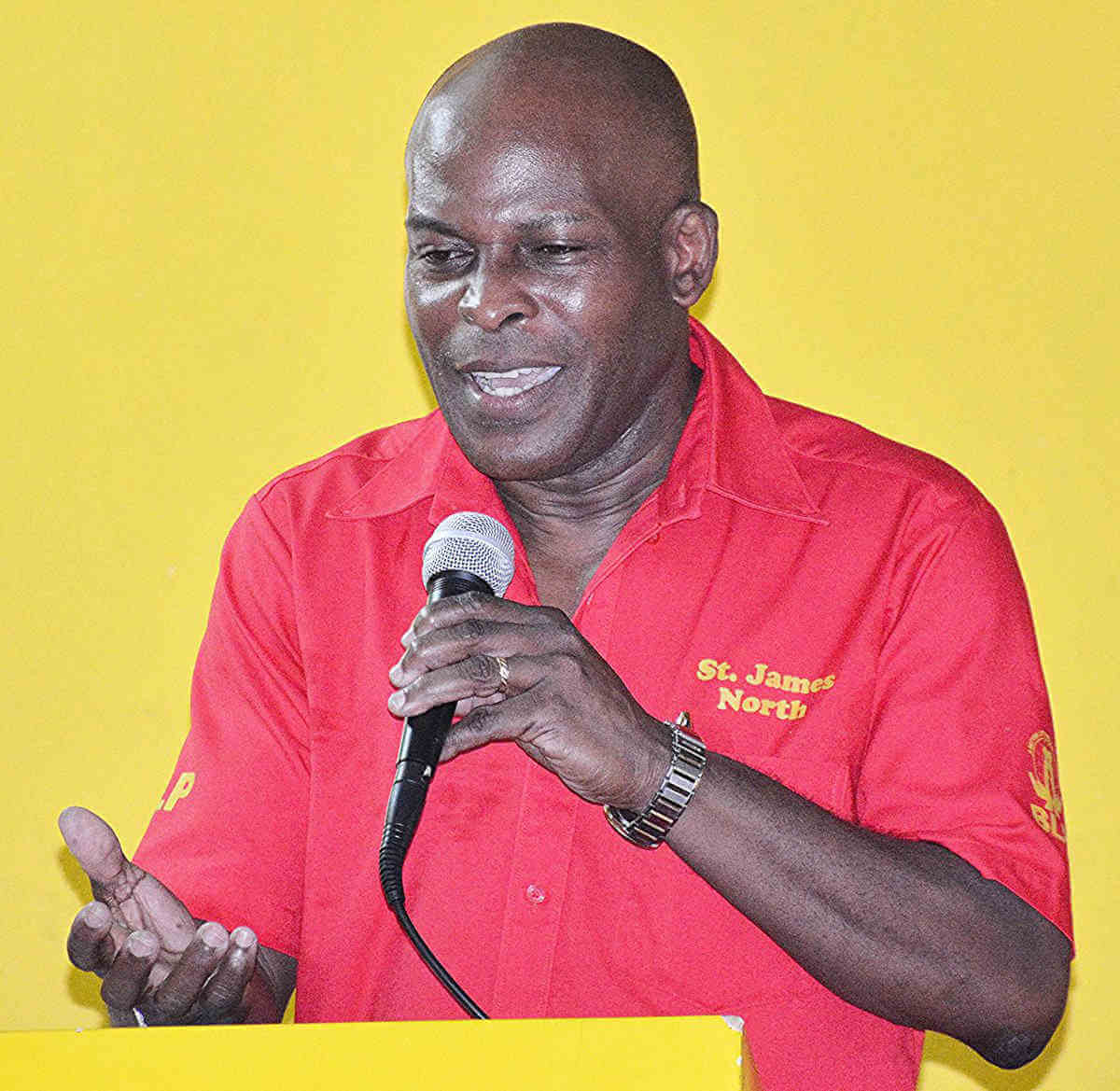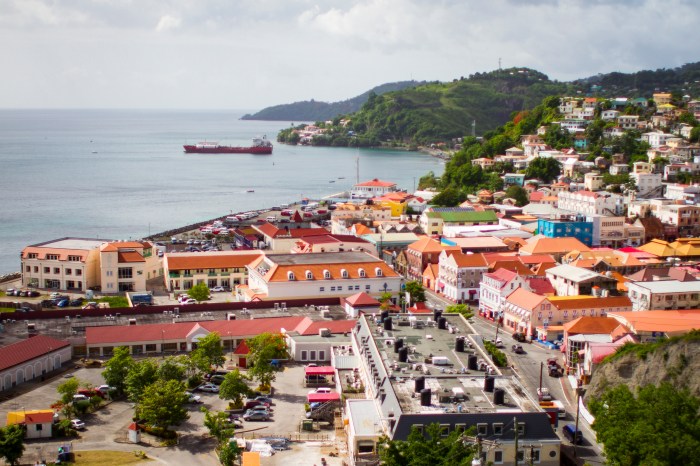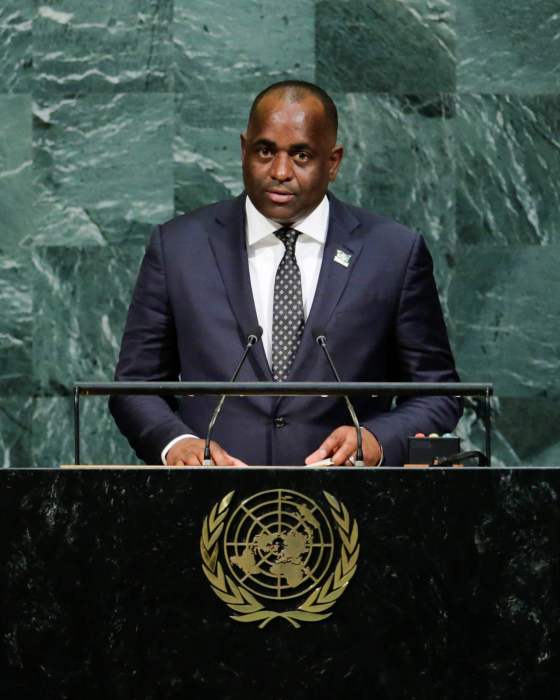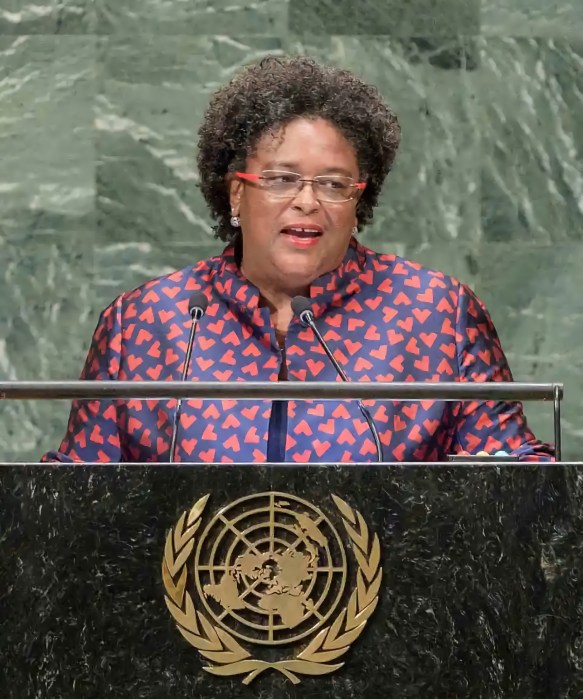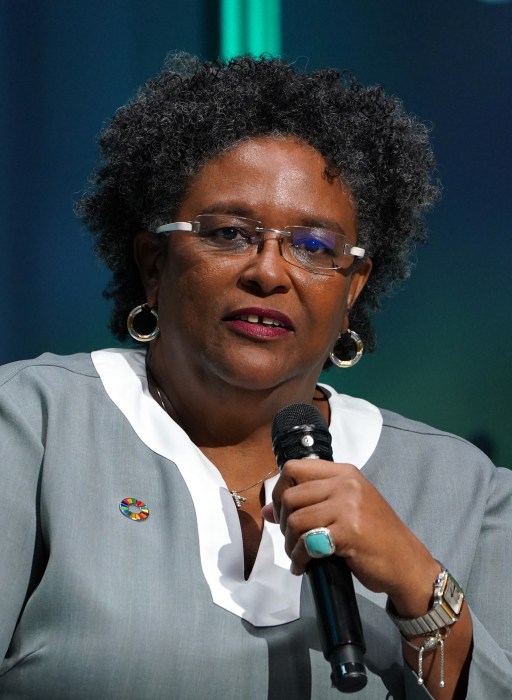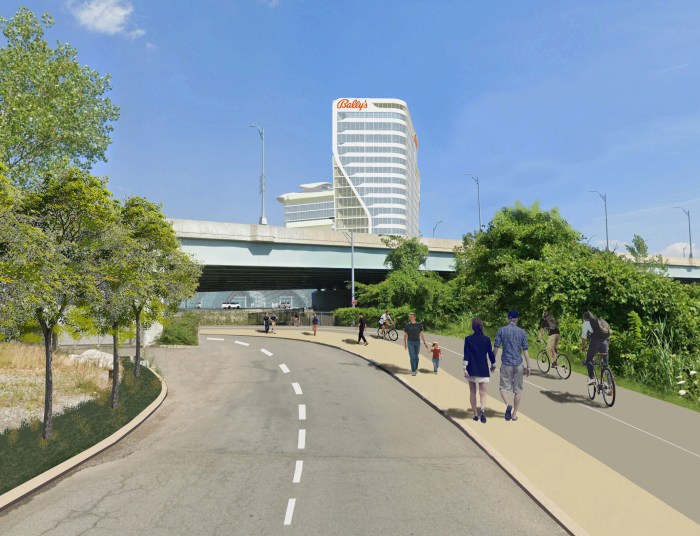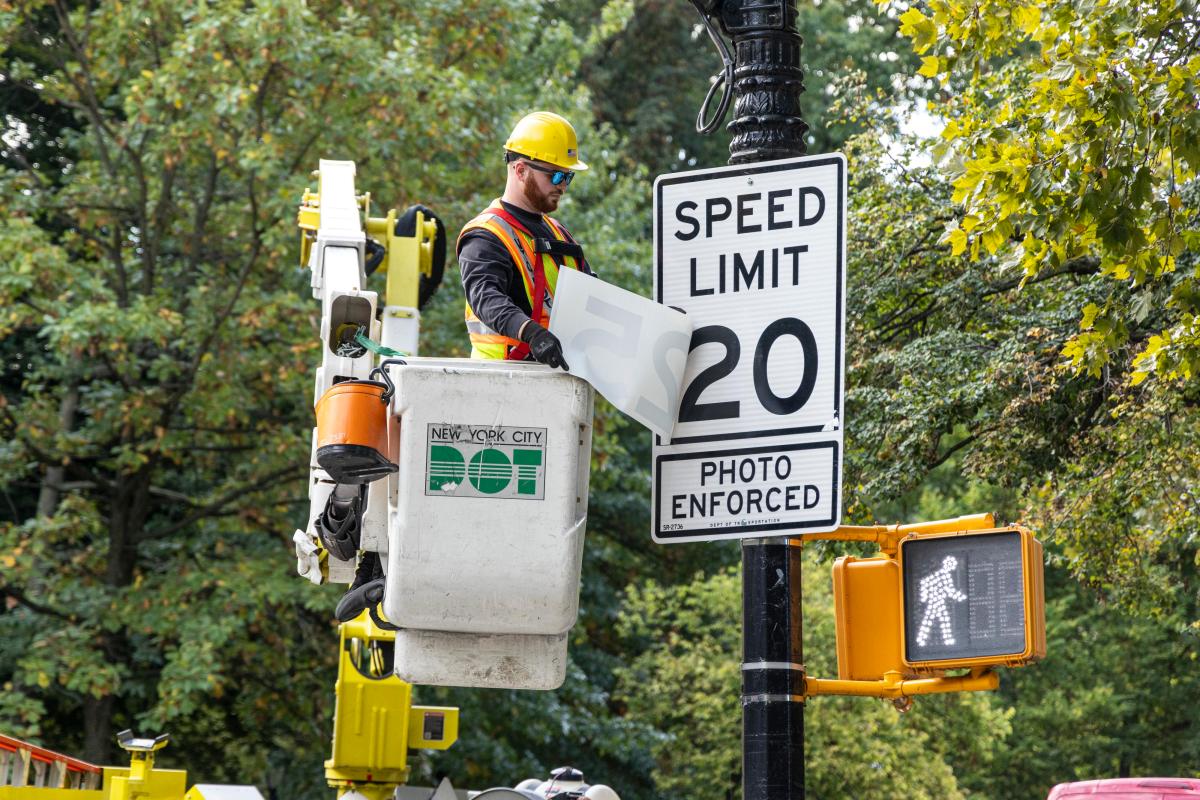The Mia Mottley administration is scrapping and rushing to change regulations that have for years been humiliating nationals of sister CARICOM countries by demanding visas to enter Barbados and confining in-transit passengers to the airport.
In spite of CARICOM conventions allowing free movement of citizens of members states across borders, Barbados has been insisting that Haitians obtain visitor visas for entry into the island, while prohibiting other nationals of the 15-member grouping from leaving the Grantley Adams International Airport as they wait for extended hours on connecting flights.
Prime Minister Mottley told the 65th Meeting of the Organisation of the Eastern Caribbean States’ (OECS) Authority, in St. Lucia, this week that the in-transit passengers are treated like prisoners of war and it has to stop.
“Prior to traveling here I’ve asked what are the legal obstacles preventing the movement of people who are within our jurisdiction, in our ports of entry, in-transit, but who are now being precluded from leaving the airport and the sea-port.
“I’m yet to receive an answer that makes sense,” she told the OECS leaders while delivering the guest opening address to the conference.
“You are in a port of entry for six or eight hours, there is no reason to be treated as a prisoner of war.”
On the issue of Haitians being made to produce entry visas for Barbados, new Home Affairs Minister Edmund Hinkson told Barbados TODAY newspaper that the less than one-month government abolished that Haitian visa requirement immediately upon learning of it.
“It should not have been on in the first place. I was shocked to learn that,” he said.
“That is clear law … that was absolutely incorrect. If Haiti is a member of CARICOM and the Treaty of Chaguaramas speaks to non-discrimination and equal treatment, how can you have put visa requirements on Haitians? Why do we do this to our own people?”
Hinkson, incidentally is the lawyer who successfully represented a Barbadian appealing the then government’s plan to fingerprint its own citizens entering the island, causing that Freundel Stuart administration to scrap the plot and discard the fingerprinting machinery already installed last year.
Now as Home Affairs minister he commands the driver’s seat and is scrutinizing the island’s immigration practices from the inside.
“We are going to look clearly at reforming the immigration legislation of Barbados as well as the policies of it. Clearly our Immigration Act is outdated,” he said, pointing out as an example that there remains on the statute books legislation prohibiting ‘imbeciles and mentally and physically handicapped persons’ from entering the country.
Some of Barbados’ immigration practices have been known over the years to sour the experiences of many CARICOM visitors, and Hinkson said all issues will be sorted out.
“We have been mandated to look at that. I mean, you would have heard Prime Minister [of St. Vincent and the Grenadines [Ralph] Gonsalves was reported in the press about two weekends ago as saying that Barbados and Trinidad are the worse culprits in terms of offending the Treaty of Chaguaramas in terms of how we treat CARICOM nationals. We have to look at all of that,” he said.
“Clearly we have a duty as Barbadians to the Caribbean to now advance relations with CARICOM nationals. Clearly our immigration policies and legislation have to be part of that reform.
“Unfortunately, over the past 10 years of Democratic Labour Party administration, relations with intra-Caribbean declined when they should have gone forward,” he said.


